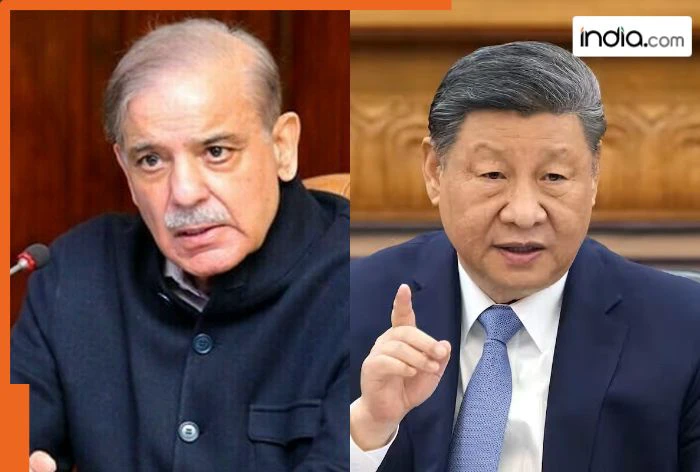China and Pakistan are both increasingly concerned about escalating security threats, domestic instability, and economic access issues related to Afghanistan.
Reports have suggested that three major extremist groups, which are based on Afghan soil, have conducted attacks on both Pakistan and China. The groups frequently target the China-Pakistan Economic Corridor (CPEC) and Chinese and Pakistani nationals.
Why is Pakistan facing growing threats from the TTP?
The Tehrik-e-Taliban Pakistan (TTP), the Eastern Turkistan Islamic Movement (ETIM), and the Baloch Liberation Army (BLA) have caused tremendous security and economic damage to Pakistan and China. Following the Taliban’s return to power in August 2021, violent activity targeting an array of civilians has increased throughout the Pakistani provinces of Khyber Pakhtunkhwa and Balochistan, which both border Afghanistan. At the same time, China accuses the ETIM of fostering unrest among Uyghur Muslims.
Over the last six months, Tehrik-e-Taliban Pakistan (TTP) has launched upwards of 1,000 attacks in Pakistan, of which over 300 were in July alone. The group was formed in 2007 with a demand for a separate Pashtun state. Pakistan is experiencing increasing violence and terrorism, believed to be associated with Afghanistan. The Global Terrorism Index 2025 provided insight that TTP’s actions in 2024 were responsible for 558 deaths, which accounts for 52% of all deaths related to terrorism in Pakistan.
Founded in 1990, the Eastern Turkistan Islamic Movement (ETIM) is an extremist group seeking to separate China’s Xinjiang province and establish an independent Muslim state referred to as East Turkistan.
Why does China fear trouble in Xinjiang from Afghanistan?
Xinjiang has approximately 17 million Uyghur Muslims. China worries that Afghanistan is becoming a base for Uyghur separatists, thereby threatening the Xinjiang region. From 2008 and 2014, ETIM conducted eight major attacks in China, including the Kashgar attack, an attack prior to the Beijing Olympics, the Urumqi riots, and the Kunming railway station attack, reported TV9 Hindi. The attacks killed at least 260 people and injured over 500 other people.
The Baloch Liberation Army (BLA) is now a significant threat to both Pakistan and China. In Balochistan, the BLA targets Pakistani and Chinese nationals as well as public infrastructure which is connected to both countries. The BLA has been fighting for the independent state of Balochistan since it was formed in 2000. Notably, it has been labeled a terrorist organization by multiple countries. On May 14, 2025, Baloch leader Mir Yar Baloch declared Balochistan’s independence from Pakistan.
The Baloch Liberation Army (BLA) allegations are based on the exploitation of Balochistan’s natural resources and the denial of the rights of the Baloch people. The BLA has aggressively targeted the Pakistani military and government, as well as Chinese projects, such as the China-Pakistan Economic Corridor (CPEC). BLA fighters use guerrilla warfare tactics by launching surprise attacks against the army from the mountains and then quickly retreating. Pakistan alleges that the Tehrik-i-Taliban Pakistan (TTP) has been training Baloch fighters and has established two training camps in Balochistan.
STORY HIGHLIGHTS
- China and Pakistan are both increasingly concerned about escalating security threats related to Afghanistan.
- The Tehrik-e-Taliban Pakistan (TTP), the Eastern Turkistan Islamic Movement (ETIM), and the Baloch Liberation Army (BLA) have caused tremendous security and economic damage to Pakistan and China.
- The Baloch Liberation Army (BLA) is now a significant threat to both Pakistan and China.
- . The BLA has aggressively targeted the Pakistani military and government, as well as Chinese projects.
Pakistan, Afghanistan, and China held a meeting on August 20 in Kabul. According to the TV9 Hindi report, Pakistan called for action to be taken against the TTP in Afghanistan and accused the Taliban government of supporting the TTP. Pakistan also told the UN that there were about 8,000 fighters of the TTP and other terrorist organisations in Afghanistan.
